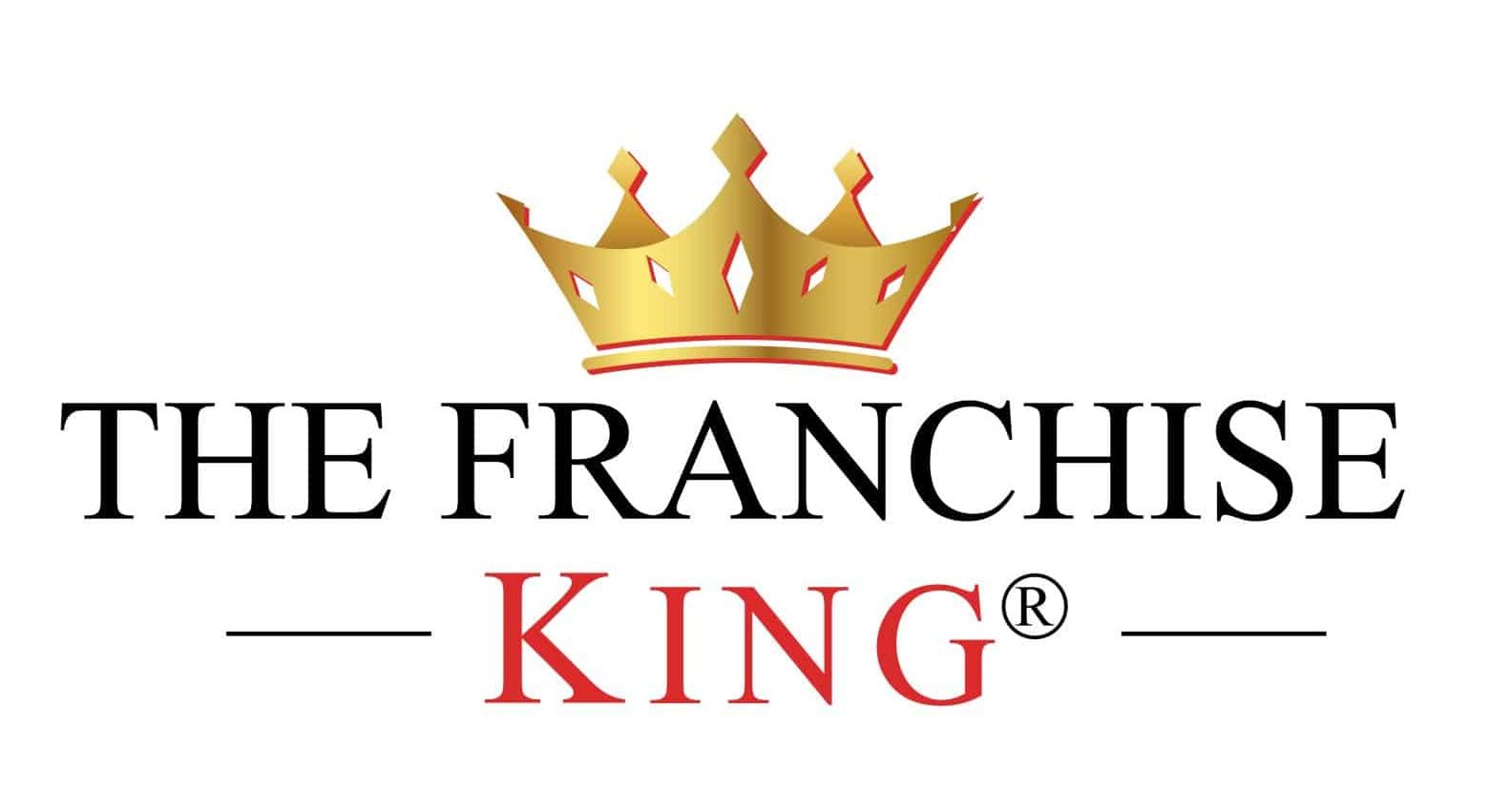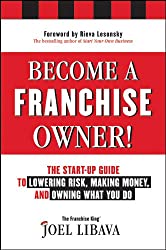
Franchise opportunities can sure be tempting—an established brand, proven systems, ongoing support—but they’re not all created equal.
So, how will you know if the franchise opportunity you’ve chosen is a good one?
By taking the right franchise due diligence steps. In this case, 5 critical ones.
BEFORE you sign your franchise agreement and write a substantial check.
In this post, I’m going to walk you through the 5 non-negotiable due diligence steps every prospective franchise owner needs to take.
Note: I’ve seen too many aspiring franchise owners rush into franchise opportunities only to find themselves trapped in an expensive mistake.
So, read this to avoid them!
1. Get Intimate with the Franchise Disclosure Document (FDD)
The FDD isn’t just another boring legal document—it’s your window into the franchise’s soul. Franchisors are legally required to provide this document at least 14 days before you sign anything or pay any money.
What should you look for, due diligence-wise?
The FDD contains 23 sections covering everything from litigation history to financial performance representations. Pay special attention to:
- Item 3: Litigation history (red flags if there are lots of lawsuits from franchisees)
- Item 7: Initial investment estimates (are they realistic or suspiciously low?)
- Item 19: Financial performance representations (if they don’t match up to what franchisees are telling you, ask why)
- Item 20: List of current and former franchisees to call and visit
Finally, here’s the thing—this document is deliberately comprehensive and complex. Don’t go it alone. Hire a franchise attorney who specializes in reviewing FDDs-and more.
And while it might cost you $1,500-$3,000 upfront, that’s pennies compared to a six-figure franchise investment that goes south.
2. Talk to Current and Former Franchisees (Not Just the Ones The Franchisor Suggests)
The franchisor will likely provide a small list of franchisees for you to contact. By all means, talk to them—but don’t stop there. Dig deeper in your franchise due diligence and find:
- Franchisees who recently opened
- Those who’ve been operating for 5+ years
- Former franchisees who left the system
Ask pointed questions like:
- “If you could start over, would you buy this franchise again?”
- “How long did it take to become profitable?”
- “Does the reality match what was promised in the sales process?”
- “What’s your relationship with the franchisor really like?”
- “What’s one thing you wish you’d known before buying?”
And when you get the answers, pay attention to patterns in responses, not just individual experiences.
Remember—silence often speaks volumes. If former franchisees refuse to talk, that’s a potential red flag.
Bonus Step! Get the franchise you’ve chosen personally evaluated before you send in your money.
More Critical Franchise Due Diligence Steps You Need to Take
3. Analyze Territory and Market Potential
A successful franchise in one location doesn’t guarantee success in yours. You need to understand your specific territory’s potential:
- Is the market oversaturated with similar businesses?
- Does the demographic profile match the franchise’s target customer?
- What’s the competitive landscape like in your specific area?
And, don’t just rely on the franchisor’s market analysis. Conduct your own research by:
- Walking the area at different times of day
- Analyzing local traffic patterns
- Understanding area demographics
- Evaluating local competition
- Talk to your local SBDC-and get their data
Remember, you’re not just buying a business—you’re buying a specific location’s potential for that business. Even the best franchise concept will struggle in the wrong market.
4. Run the Real Numbers (Not the Rosy Projections)
Franchise salespeople and franchise brokers sometimes suggest an enticing financial picture. Your job is to pressure-test those numbers with brutal honesty.
Create three financial projections:
- Best-case scenario
- Realistic scenario
- Worst-case scenario
For each, consider:
- How long can you survive before breaking even?
- What happens if sales are 30% lower than projected?
- Have you accounted for ALL fees (royalties, marketing, advertising and technology)?
- What are the true labor costs in your market?
One crucial exercise: talk to your bank about financing. Their financial analysis might uncover weaknesses in the business model that your enthusiasm missed.
5. Understand Your Role and Required Skills
Are you buying a job or a business that you can create equity with?
Many new franchisees don’t realize they’re signing up for a specific role that might not match their skills or interests.
Ask yourself:
- Does this franchise require skills I have or am willing to learn?
- Am I comfortable with the day-to-day responsibilities?
- Can I follow someone else’s system, or do I need creative control?
- Is my personality aligned with the brand’s culture?
Some franchises require owners to be hands-on operators, while others* can be run semi-absentee. Know which type you’re buying and whether it fits your goals.
*Be aware that some franchisors market their opportunities as “semi-absentee” but actually aren’t until some time has passed.
Franchise Due Diligence Steps: The Bottom Line
Franchise ownership can provide a faster path to entrepreneurship, but it’s not a guaranteed success formula.
These five due diligence steps take time—typically 6-8 weeks of serious investigation.
And, while that may seem excessive, considering you’re likely investing $100,000 to $500,000 or more, it’s not.
Remember, the best investment protection isn’t the franchisor’s promises—it’s your own thorough research.
So, take your time, do the work, and you’ll either find a franchise opportunity worthy of your investment or save yourself from an expensive mistake.
Either outcome is a win for your franchise ownership journey.
About the Author
The Franchise King®, Joel Libava, is a leading franchise expert, author of "Become a Franchise Owner!" and "The Definitive Guide to Franchise Research." Featured in outlets like The New York Times, CNBC, and Franchise Direct, Joel’s no-nonsense approach as a trusted Franchise Ownership Advisor helps aspiring franchisees make smart, informed decisions in their journey to franchise ownership. He owns and operates this franchise blog.
Note: When you buy through links on this website, we may earn an affiliate commission.









